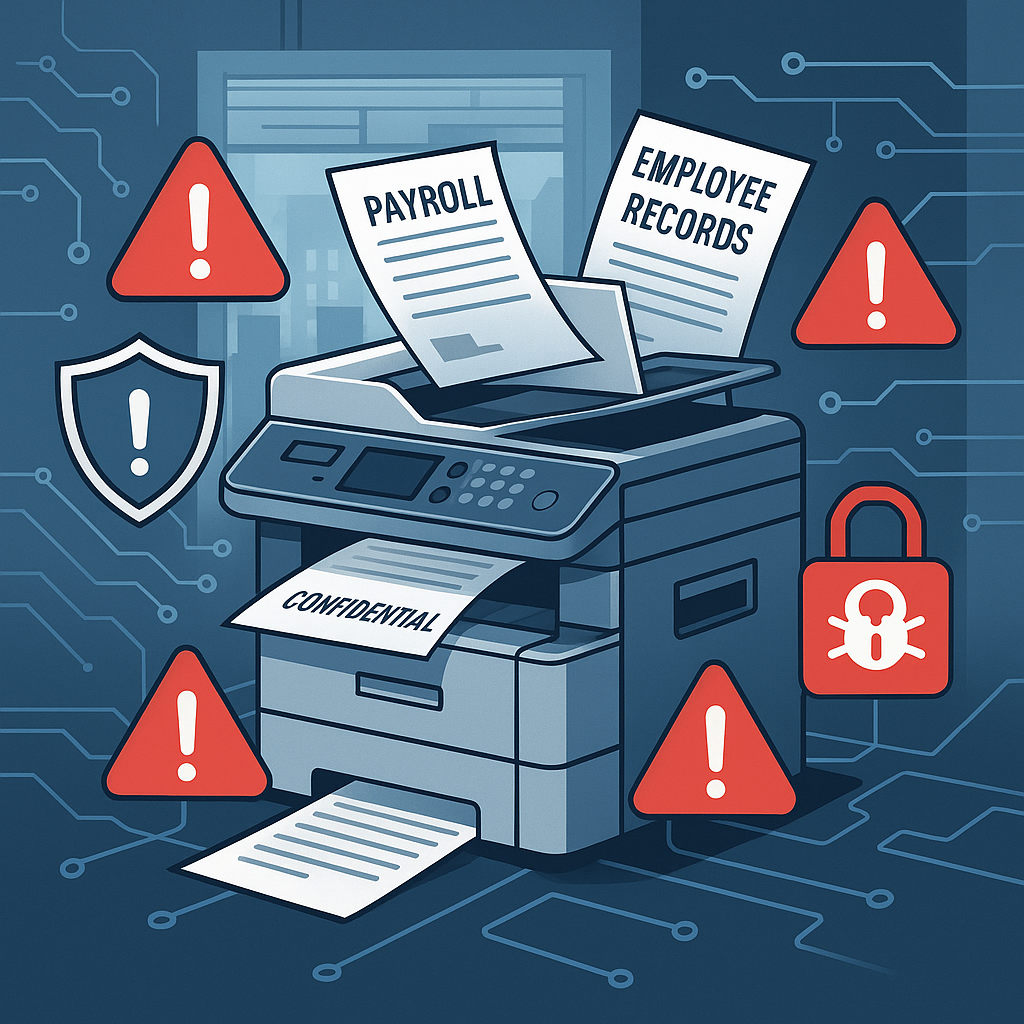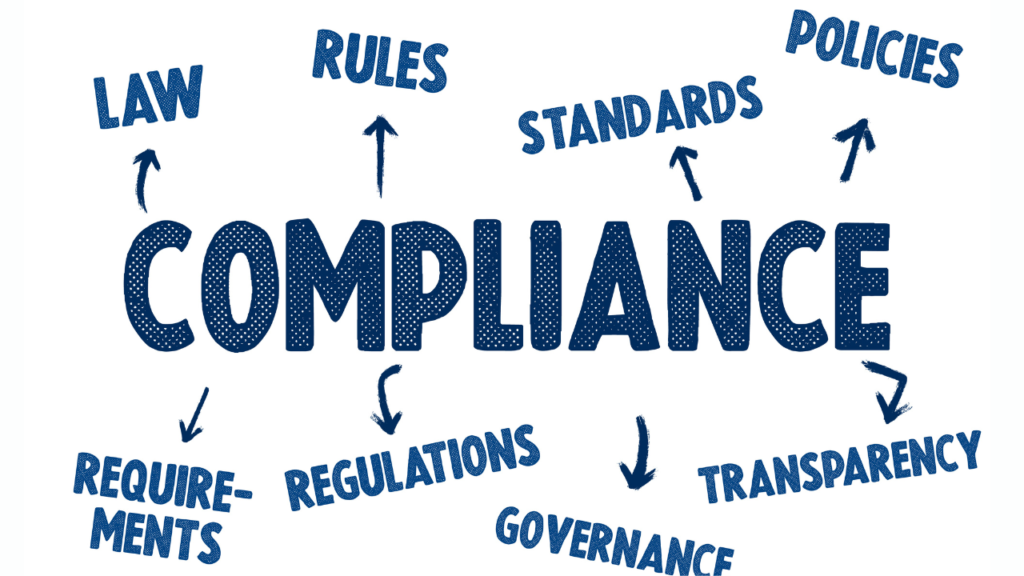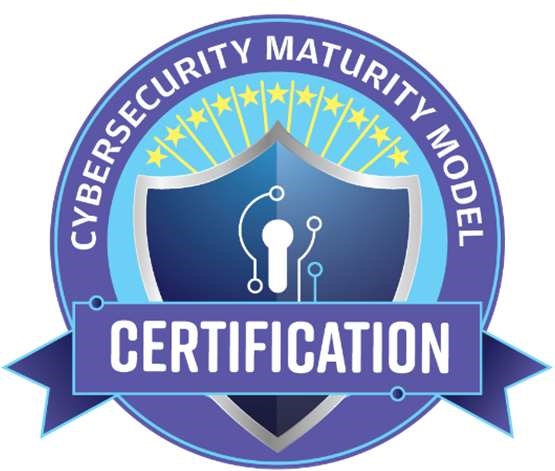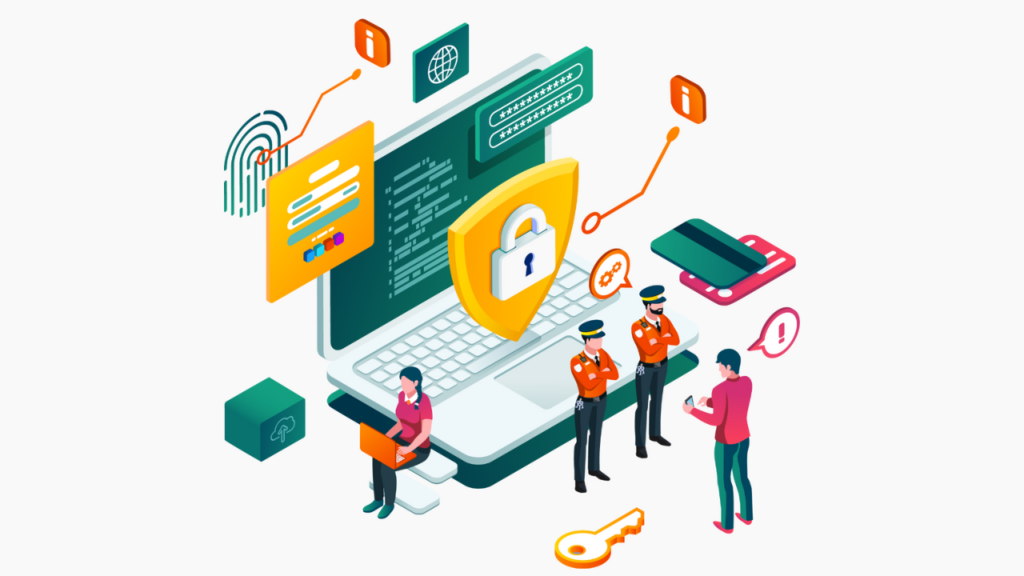The Overlooked Security Risk Lurking in Your Office: Network Printers

When most compliance professionals think about cybersecurity risks, they tend to focus on the obvious: phishing emails, unauthorized access, weak passwords, or unpatched endpoints. But there’s one device that’s often overlooked, silently threatening your entire compliance strategy: your office printer. Yes, that multifunction device in the corner might be the unmonitored gateway cybercriminals use to […]
Is Your Cyber Insurance Policy a Safety Net or a Liability?

Imagine thinking your cyber insurance policy will cover a breach—only to find out your claim has been denied. Now, you’re responsible for millions in damages. Could this happen to your business? Cyber insurance has become a critical safeguard against financial loss in the wake of cyberattacks, data breaches, and regulatory penalties. Many businesses assume that […]
A ‘Compliance First’ Mindset Limits Liabilities for SMBs

“Adopting a Compliance First strategy is crucial for small and medium-sized businesses to mitigate risks and liabilities. This approach involves choosing compliant solutions and vendors, evaluating current tools, and adhering to regulations such as HIPAA, CMMC, PCI-DSS, and NIST-CSF. Compliance not only prevents fines and lawsuits but also ensures that liability insurance claims are honored. By making compliance a priority, businesses can improve operational safety, public relations, and financial stability.”
Get Ready for CMMC Requirements Now

Anyone offering a sure-shot solution to all your Cybersecurity Maturity Model Certification (CMMC) woes is trying to pull a fast one on you. The CMMC is a comprehensive move by the U.S. Department of Defense (DoD) that involves many moving parts and will take years to implement fully.
We have highlighted some crucial aspects you should immediately focus on to remain eligible and in good standing with current regulatory requirements. You’ll also find some strategic steps that you should implement throughout your business to be ready for the enhanced cybersecurity practices required under the new CMMC 2.0 framework.
The Interim DFARS Rule and What It Means for You

The Interim DFARS Rule, introduced on November 30, 2020, mandates defense contractors to perform cybersecurity self-assessments using the NIST SP 800-171 DOD Assessment Methodology. This blog explains the changes, scoring, and next steps for compliance to qualify for new defense contracts and renewals.
Data Privacy vs Data Security: A Closer Look

Understanding the difference between data privacy and data security is crucial for any business. While data privacy focuses on how personal information is collected, stored, and used, data security is all about protecting that information from unauthorized access and threats. Both are essential for safeguarding sensitive data and ensuring compliance with regulations. Dive into these concepts, their importance, and how to effectively integrate them into your data protection strategy. Discover how to achieve robust data privacy and security while staying legally compliant.
5 Ways to Combine Compliance and Cybersecurity Best Practices to Improve Outcomes

Compliance and security are equally crucial for the seamless operation of your business. Although security is a prime component of compliance, compliance is not the same as security. Both are interconnected but still different.
While compliance helps your business meet industry or government regulations, security protects the integrity of your business and its sensitive data.
8 Elements of a Business Impact Analysis for Compliance

Discover the critical elements of conducting a Business Impact Analysis (BIA) for compliance and safeguard your business against risks. Gain expert insights to navigate the complexities of regulatory requirements effectively.
Compliance and Cybersecurity: Why Both are Important

In the world of business, you’ll inevitably hear about the many ways to beef up your cyber security to ensure your company’s and clients’ safety. However, another term is often heard when discussing cyber security: compliance. It’s not talked about as often, but both cyber security and compliance are essential for any business to succeed.
